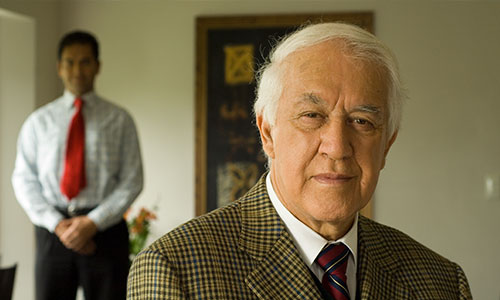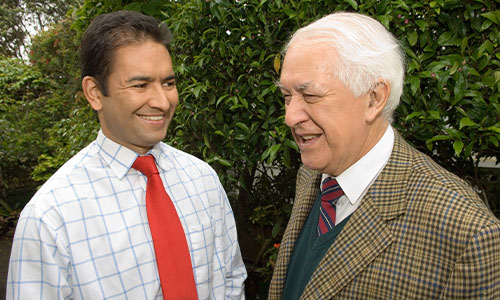This project stands as a testament to the power of indigenous leadership, strategic collaboration, and sustained government partnership in advancing long-term, equitable economic development for New Zealand’s first people.
— New Zealand —
empowerment. collaboration. legacy.










Uniting for Prosperity: Advancing Māori Economic Development through Collaborative Policy Leadership
“It is not enough for Māori to participate in the economy—we must also shape it.”
— Sir Paul Reeves, Chair of Hui Taumata Trust
Challenge
For generations, Māori communities across Aotearoa New Zealand have faced systemic barriers to full participation in the national economy. Despite scattered support programs and longstanding policy dialogues, there was no unified, indigenous-led framework focused on long-term, sustainable Māori economic advancement.
By the mid-2000s, Māori leadership, together with progressive elements from both business and labor sectors, recognized that a transformative shift was needed—one that would place Māori values, aspirations, and lived realities at the center of economic strategy. However, realizing this vision required coordination across multiple stakeholder groups, robust evidence-based research, and platforms for community voice and deliberation.
The New Zealand Government, through Te Puni Kōkiri (Ministry of Māori Affairs), responded by commissioning the establishment of a national body to drive this effort, bringing together influential Māori leaders, government representatives, and high-level figures such as the Head of the Combined Trade Unions and the Chair of the Business Roundtable. Former Governor General Sir Paul Reeves was appointed Chair, symbolizing the initiative’s national importance and cross-sector integrity
Strategy
GG International (formerly Guinness Gallagher) was appointed as lead advisor and implementation partner. Under the leadership of Shaan Stevens (Team Leader), and John Third (Deputy Team Leader) and Matte Birchler (Policy), GG International provided strategic, technical, and policy advisory services over a 12-month period with a team of four senior consultants.
The approach included:
- Institutional Design:Working closely with Te Puni Kōkiri and Māori stakeholders, the team developed a business case and conceptual framework for the establishment of the Hui Taumata Trust—a nationally mandated body tasked with advancing Māori economic priorities.
- Policy Research & Development: A series of policy papers were developed on core themes such as intergenerational asset management, Māori enterprise development, education and skills pathways, and community-based economic models. These papers were grounded in indigenous knowledge systems and international best practice.
- Nationwide Community Engagement: GG International helped design and facilitate an extensive program of regional hui (meetings) and workshops across New Zealand. These engagements were aimed at validating research findings, soliciting grassroots input, and co-creating initiatives with whānau, hapū, and iwi.
- Cross-Sector Facilitation: The Trust also brought together voices from trade unions, private enterprise, and civil society to ensure that Māori development was not isolated from broader economic planning. The firm provided facilitation, reporting, and advisory services to manage these dialogues effectively.
- Organizational Capacity Building: In addition to securing and managing government funding, GG International provided institutional support, financial oversight, and structured reporting to ensure the Trust’s operations remained accountable and transparent to its stakeholders.
Transformation
The Hui Taumata Trust quickly became a nationally recognized platform for Māori economic strategy and community-informed policy development. Rather than imposing top-down solutions, the Trust facilitated a bottom-up process—amplifying Māori voices, validating indigenous economic models, and influencing central government approaches.
The extensive policy outputs, developed with broad community input, laid the groundwork for subsequent Māori enterprise initiatives, educational programs, and leadership forums. The collaborative methodology of the Trust—uniting elders, unions, business leaders, and policymakers—set a precedent for inclusive and culturally anchored economic planning.
Although later years saw the emergence of digital tools and partnerships (including Microsoft) to enhance outreach and innovation, the first critical years were defined by in-person dialogue, rigorous research, and genuine community participation.